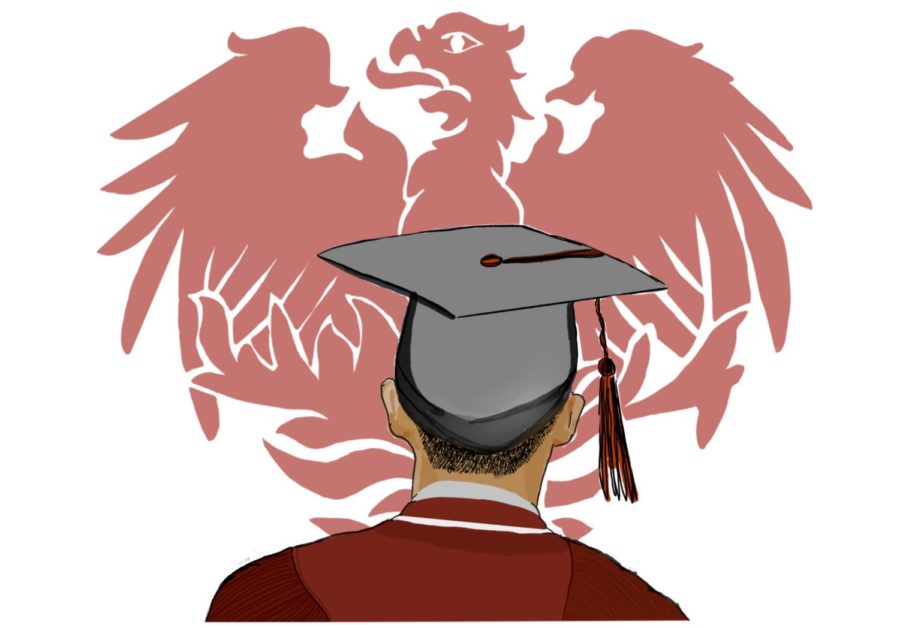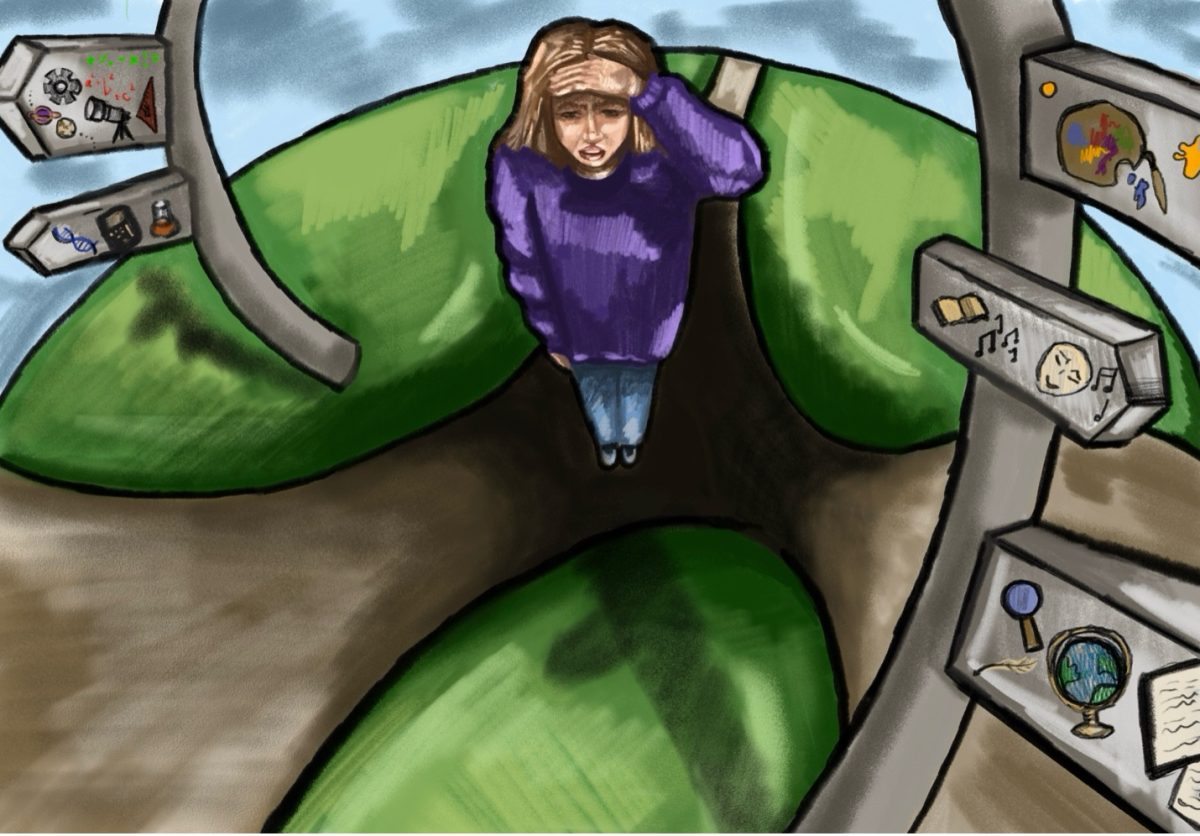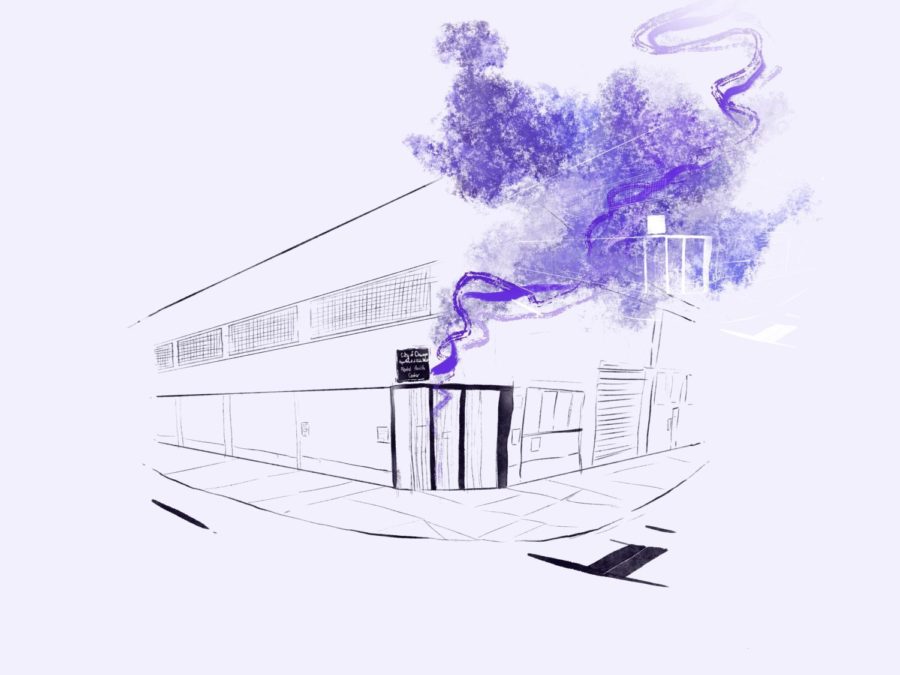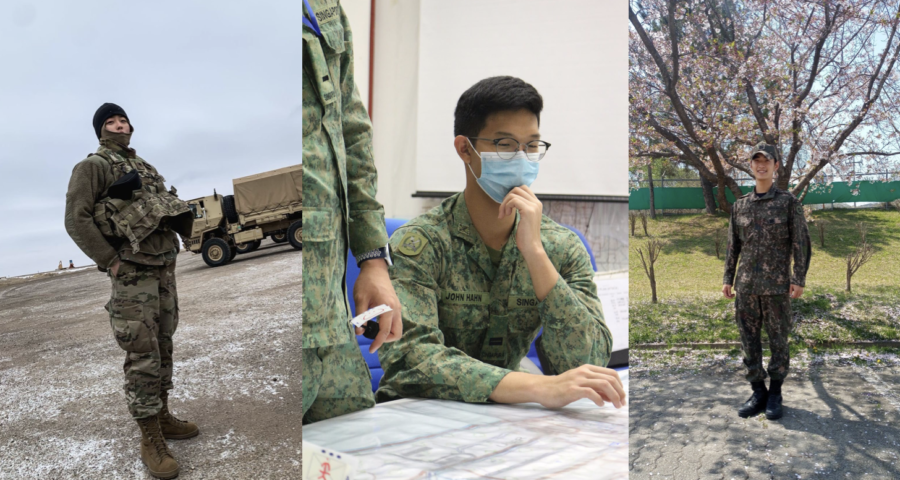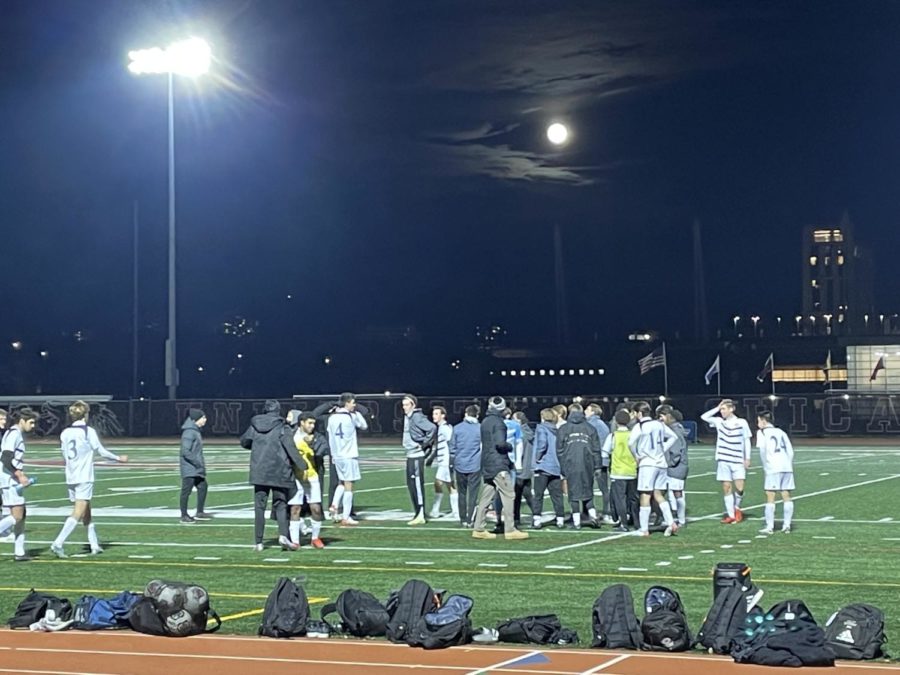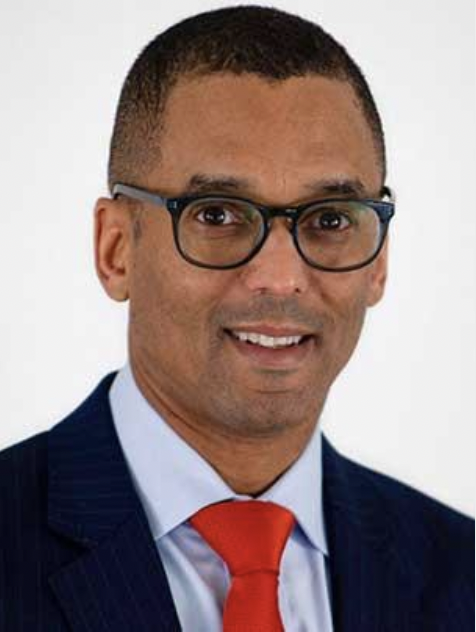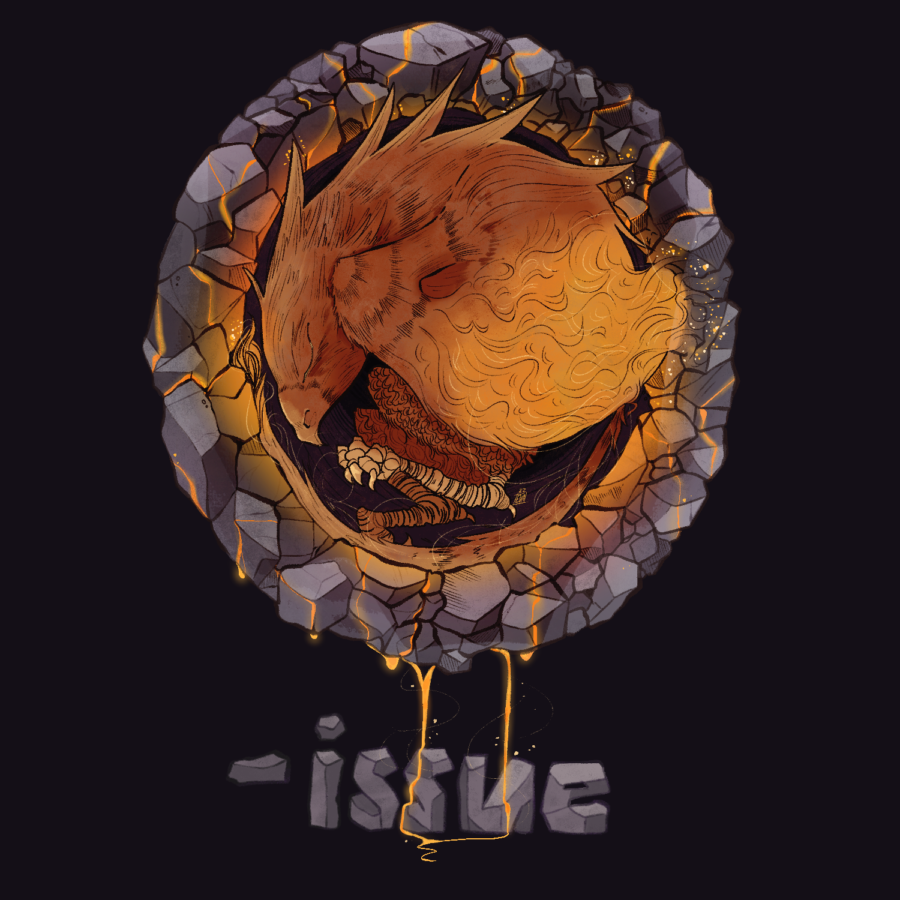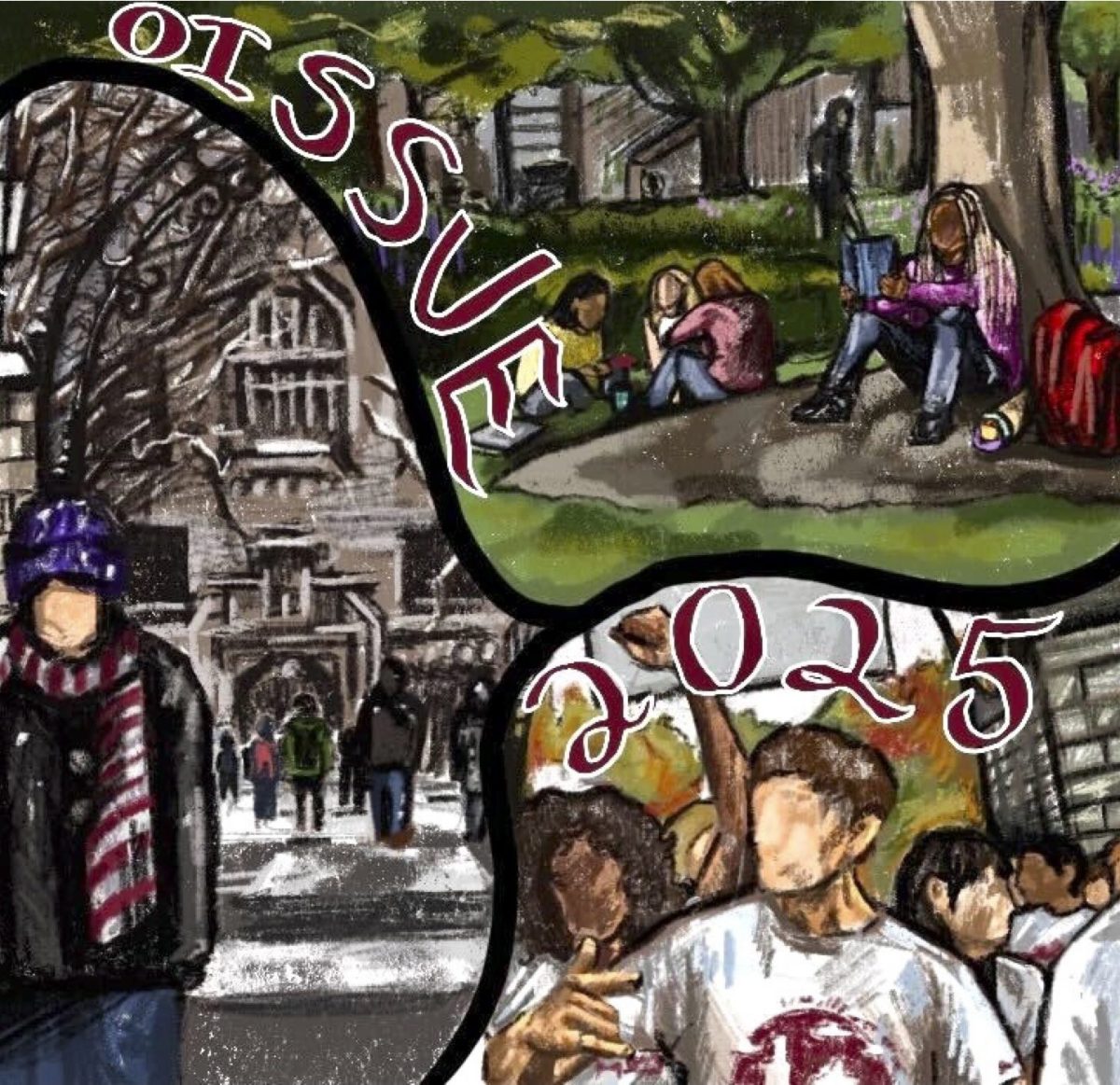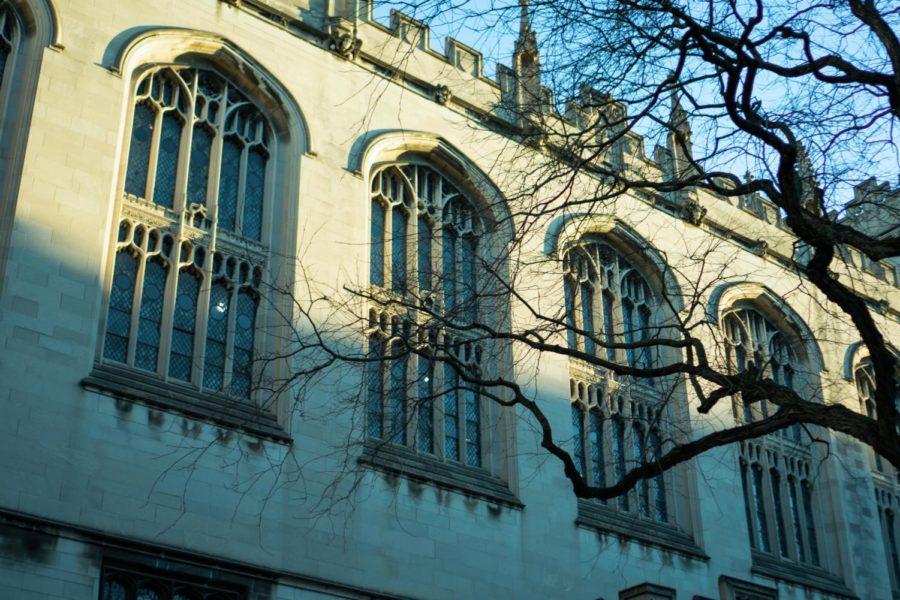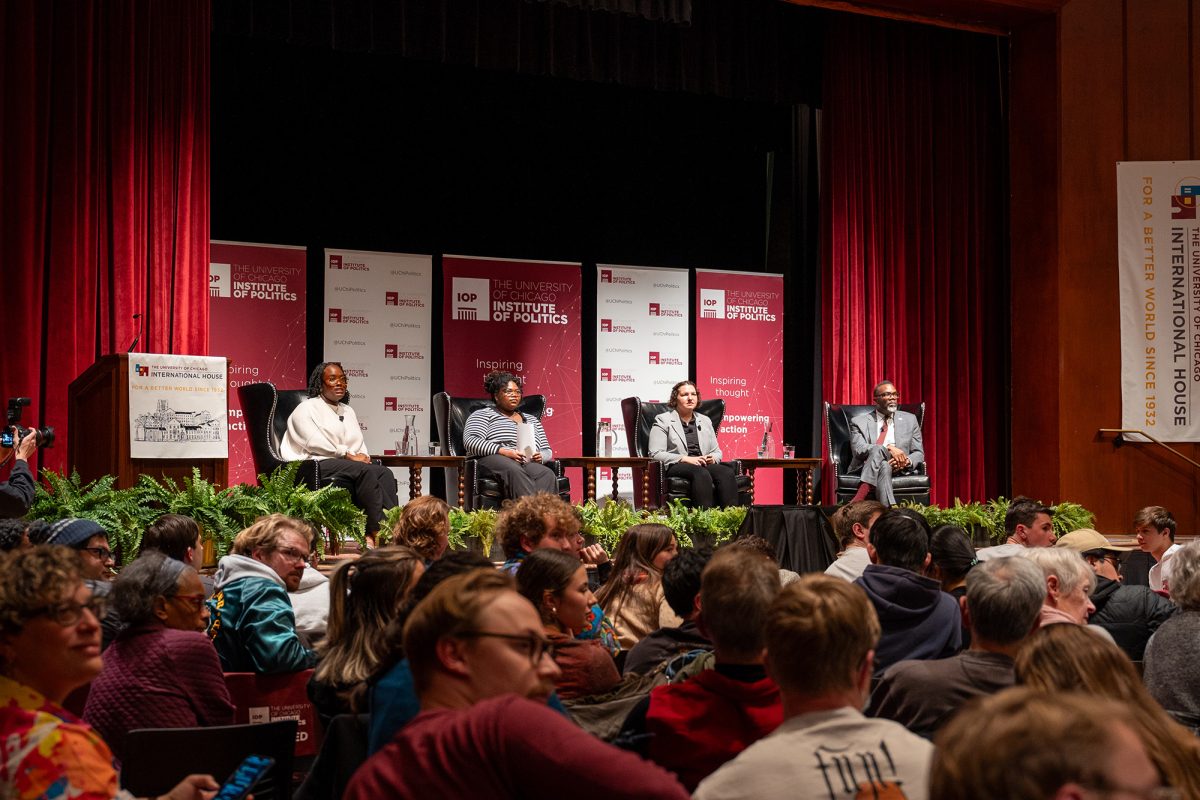In July, I left Chicago to spend the summer in Colorado doing research for my Ph.D. During my last few weeks in the city, I spent my time floating in the fleeting weirdness, the liminality, of sitting in a place and knowing that you’ll be leaving it soon, reflecting on the past and wondering what my future would bring. For my degree, all that’s left is my dissertation. To that end, it looks like the next however-many years will be split between Chicago and Colorado. Who doesn’t look forward to something new? I knew I’d miss what I have here. This city feels like home. I’ve found people after my own heart: people with the same music taste, friends who’ve encouraged me to do what I love, and a lovely Egyptian and Arab community. My adviser, my group, my cohort—I couldn’t think of a bad thing to say if I tried.
In spite of all the love I have, the past two years have been the most difficult in my life. I moved to Chicago in the middle of 2020, started grad school not knowing anyone, and felt without purpose. People will tell you countless times before you start a Ph.D. to “know what you’re getting yourself into,” that it will be a hard experience, but I’ve been hardheaded for as long as I can remember, and I didn’t think I’d struggle or feel deterred. But imagining yourself doing something is different than doing it. Doing a Ph.D. comes with a lot of uncertainty, like how long it will take or where your career will take you. In those first years, there were times I felt lost. I’d sit and read old students’ theses for a literature review, unable to imagine how I’d ever write my own. There were days when my only comfort was sitting by the lake. I hold the Lakefront Trail very dear to me—it’s one of my favorite places. Along the 19-mile stretch of the trail, jagged and ugly cinder blocks jut out into the water. But when you sit on top of one on a clear day, you can see the entire city skyline. The lake stretches out as far as the eye can see. With the city at my back, I’d sit and imagine the lake to be a boundless ocean, like I was at the edge of the world. On the days I felt the worst, I loved to go to the lake the most. Those days are not long gone, but I thank God things have gotten better. Still, I felt a lingering undercurrent of sadness to life in Chicago. In those last weeks, friends graduated and moved out of Chicago, and we agreed on one thing: we were looking forward to a change of scenery.
On one of those last Saturdays, I returned from a walk around campus to pick up a package. As soon as I got it, I rushed upstairs to tear it open. Inside was something I’d been looking forward to for years—my master’s degree. In all caps my full name is written: George Maged William Iskander. Maged is my dad; William was my grandfather. With all three of us on my diploma, I felt happy: a fitting milestone to mark the end of one era in my life and the start of another that loomed close. The day before the move, I packed my bags and stuffed the diploma into my backpack. I slept fitfully that night, dreaming of better times ahead.
It’s been two months in Colorado. In my time here, I’ve seen some of the most beautiful sights of my life here: the Milky Way, the Rockies, rivers, and the views of a lifetime…but somehow, I still find myself reminiscing about the shores of Lake Michigan that kept me sane. Maybe the air is thinner up here, but I think I have a greater perspective on what this degree, this school, what it all means to me.
I’ve propped the little diploma case up on my desk. I sometimes wonder if I’m overly sentimental—I still have a lot left ahead of me, but this piece of paper reminds me of what I’ve been through in the past few years. I’ve struggled, but the short time I’ve been in Chicago and the University has irrevocably changed me.
Maybe most obviously, I know more about physics than I did before. In our field, imposter syndrome runs rampant. I don’t think I’ve ever talked to someone who feels confident about where they’re at in the field. Sadly, it’s a common trend in physics and the sciences as a whole. Even the most hardworking people I know, the people I look up to and admire, tell me they think they could be doing more. To a point, you can never stop learning or becoming a better researcher. But when I stop and think about how much I know now relative to where I started, I see more clearly my growth. I could barely read a research paper when I started, and now I can claim several papers as my own. Why doubt myself when I see how much I’ve studied, learned, and mastered? That’s been obvious the entire time; it just took way too long for me to realize it. I should have had this attitude in mind the whole time. If I’d approached each quarter thinking, “I can’t wait to see where I’ll be in three months’ time,” I think I’d have welcomed the difficulty much more easily.
But this degree has done more than teach more about physics, and it represents more than just the classes I took. It brought me to Chicago, and beyond the halls of the Department of Physics, this city has left an impact on who I am. Many times in my life, I never had to think about making a community. Being born in the heart of the Egyptian diaspora (Jersey City represent!), that came with the package. Everyone knew each other, and everyone was friends with my family. I didn’t go to college too far from home, so even during my undergrad experience, I didn’t have to think about meeting and forming connections with people. When I came to Chicago, I had to find that community instead of taking it for granted. Putting yourself out there, being intentional with friends…that was new. Community can be in almost every place you look, and it can be so beautifully simple: I love going to Doc Films and watching a film in complete silence with strangers. I love going to Café 53 and chatting with the owner in Arabic. I’ve grown to cherish the friends I’ve made and to try to find new ones wherever I go. Having seen life with and without community, I’ve seen how much that love can change your life. Leaving Chicago, I saw that all in stark clarity.
I love Chicago. I’m enjoying my time in Colorado, but I know on the drive back, once I take that exit to Lake Shore Drive, I’m going to grin the entire way back.
Here’s my advice to you, the incoming first-years: Chicago, this University—your time here won’t be easy. Probably a lot of the time it will not be. Fun comes to die here, but there’s a reason the mascot is a phoenix—as parts of you change, you have the power to mold them into what you want to be. In my past two years, I’ve learned that our greatest ability is our capacity to grow around what presses down and oppresses us. The quarter system, exams, homework, grades, it can be overwhelming. I don’t think anybody relishes deadlines and staying up until 2 a.m. doing work. With so little time to slow down and reflect, it may feel like you’re going nowhere at all, academically or personally, because you’re just going through the motions, maybe even just doing the bare minimum. But I guarantee you are growing, even if you don’t see it. So, meet the challenge with open arms because when you do get to catch a break, you’ll be surprised looking back and seeing who you were then…and who you are now. Be intentional with burgeoning friendships, and seek community in every nook and cranny. And maybe make a little time to go to the lake.
Embrace the challenge, and you may find in due time you’ll miss not only it, but the city that came with it.
George Iskander is a graduate student in the Physical Sciences Division.


